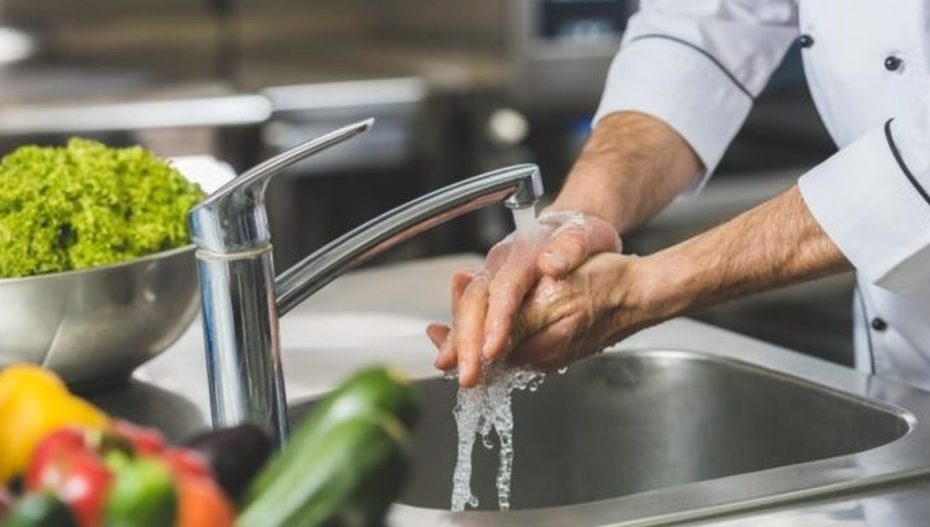The death of a 10-year-old girl in Patiala recently after eating a birthday cake has sent shock waves through the nation. Her parents had ordered the cake from a cloud kitchen on a food aggregator app.
This tragic incident has put the spotlight on regulations surrounding cloud kitchens in Ahmedabad. Such kitchens prepare food solely for delivery through app-based platforms.
Are the premises of these cloud kitchens routinely checked for hygiene? Are tests on food samples conducted? Is the Ahmedabad Municipal Corporation (AMC) taking all necessary steps to ensure food safety. The answers are disturbing.
AMC’s health department sources said there is no policy in the city to regulate cloud kitchens. The issue is complicated by a centralised online licensing system, which does not distinguish between cloud kitchens and traditional restaurants, they added.
FSSAI norms inadequate
Current Food Safety and Standards Authority of India (FSSAI) guidelines are inadequate when it comes to cloud kitchens. No checks are mandatory if the cloud kitchens are registered in “petty business food operator” category with an annual turnover of less than Rs 12 lakh.
AMC has issued 6,400 licences under FSSAI regulations, of which 4,524 are with hotels and restaurants. AMC’s health department does not know the number of cloud kitchens nor does it have data pertaining to routine hygiene checks.
Gujarat FDCA sources say that there is no separate category for cloud kitchens in the state though they are usually independent food outlets.
Survey needed
It is necessary to conduct a survey, say AMC sources, to find out if there are unauthorised cloud kitchens or restaurants that are misusing the FSSAI registration process.
Industry sources say there are around 500 cloud kitchens in the city. This figure excludes home-based cooks and late-night operations by restaurants catering to online orders.
In November 2023, the Municipal Corporation of Delhi (MCD) approved an independent policy for cloud kitchens. It included them under the category of “independent or satellite food outlets”, recognising it as a trade activity, and issued three-year licences.
Also Read: Adani Becomes India’s First Company To Breach 10,000 MW Renewable Energy Production Portfolio












